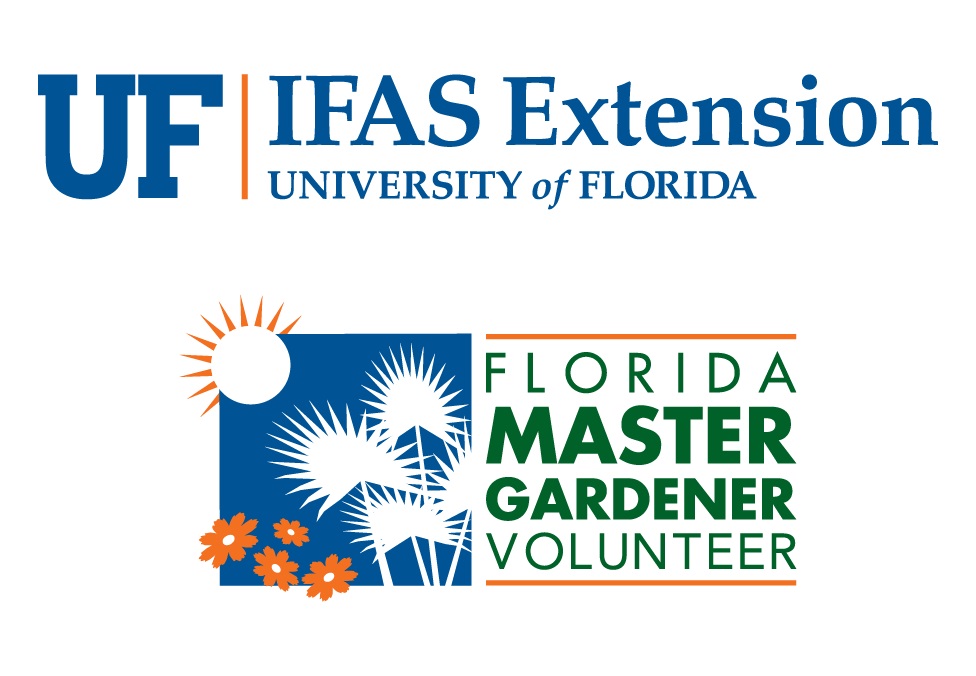Ask Master Gardener Volunteer
Dan Dobbins
Florida water resources

Florida, arguably has more water resources than any other state in the nation. However, they are not limitless and its’ large and continually growing population is putting tremendous stress on them. Both surface and groundwater resources in almost every region of the state are being impacted. Whether saltwater intrusion in Dade County and other areas in south Florida or exhausted groundwater supplies in Hillsborough and Pinellas counties, the impacts are growing. Florida’s “crown jewels”, its’ more than 700 freshwater springs, the largest concentration in the country are also in peril. Reduced water flow has already been observed in some springs and the number will likely increase in the future.

Overuse, ongoing threat
While overuse is an existing and ongoing threat, it is not the only one. Lakes, rivers and springs across the state are suffering from water quality degradation in the form of nutrient enrichment, pesticide runoff, and watershed erosion. A classic example of this can be found locally at Wakulla Springs whose once crystal clear water is now more often murky with greatly reduced visibility.

Hydrilla, invasive aquatic weed
The once famous glass bottom boat tours have become a rarity and nutrient enrichment has enabled explosive population growth of the exotic and invasive aquatic weed, hydrilla.

Water issues in Florida
Numerous factors have combined to produce the water issues that Florida faces today. Traditional Florida landscaping practices are one of them. For decades homeowners in Florida have chased the illusive dream of creating the classic Florida lawn, a flawlessly manicured expanse of green similar to what one might see on a golf course. Although, visually attractive, attaining and maintaining the dream comes at a price. Grasses used to create the manicured look are not native to Florida and can require considerable effort to keeping them looking their best. Insect and disease threats often result in the use of various pesticides to control the damage they cause. These grasses can also require the periodic application of inorganic fertilizers. The expense to the homeowner for these can be

substantial, however, the greatest expense is often borne by Florida’s water resources in the form of polluted runoff.
While the impacts of pesticides and fertilizers are significant, the greatest impact likely comes from the amount of water required for irrigation of the lawn. Grasses typically used in landscaping have not evolved to withstand low water and drought conditions and require regular irrigation during these times.
Low maintenance landscaping is not a new concept, but one which has become increasingly popular in recent years. Some of the benefits associated with this technique are the reduced or eliminated use of irrigation, pesticides and fertilizers. Wildlife benefits are also greatly increased.
Next month, Low maintenance landscaping
Low maintenance landscaping details and some of the plants used in it will be discussed next month.
If you have any questions or suggestions for future articles please email to wakullamg@ifas.ufl.edu
| The Institute of Food and Agricultural Sciences (IFAS) is an Equal Opportunity Institution authorized to provide research, educational information, and other services only to individuals and institutions that function with non-discrimination with respect to race, creed, color, religion, age, disability, sex, sexual orientation, marital status, national origin, political opinions, or affiliations. U.S. Department of Agriculture, Cooperative Extension Service, University of Florida, IFAS, Florida A&M University Cooperative Extension Program, and Boards of County Commissioners Cooperating |
 0
0




